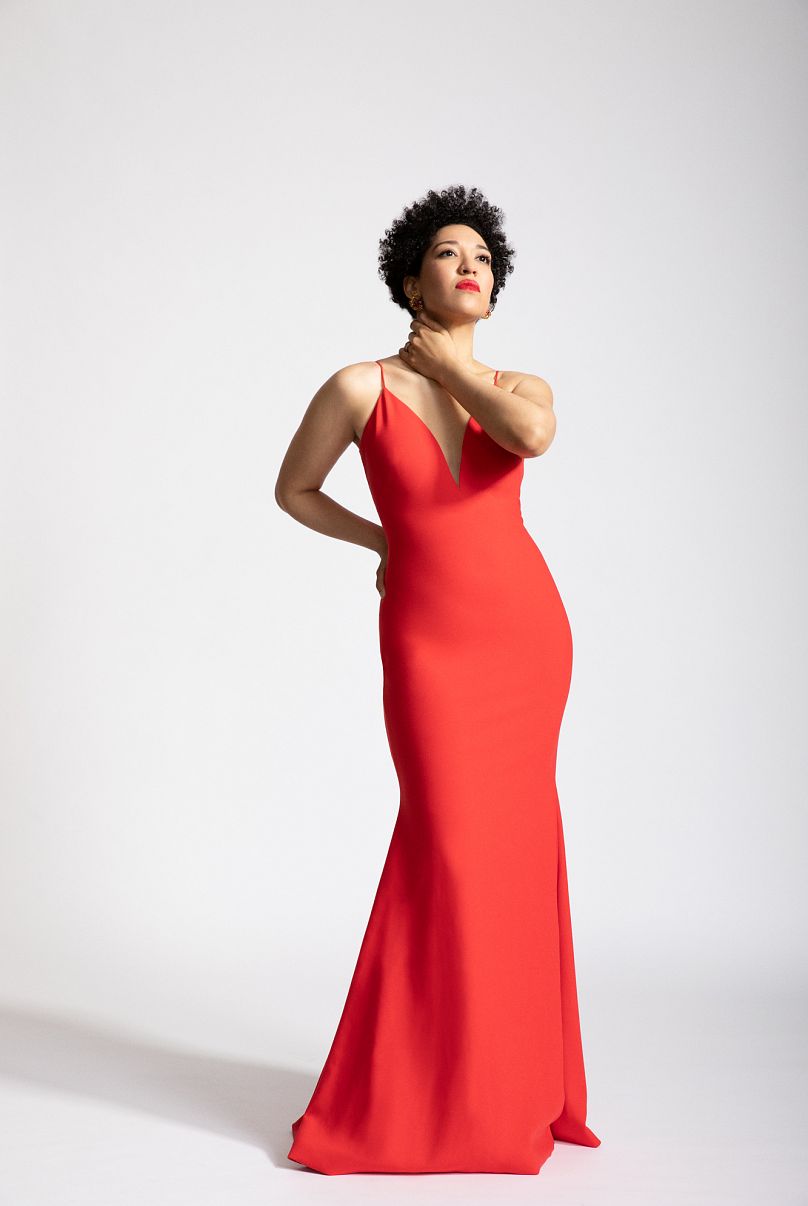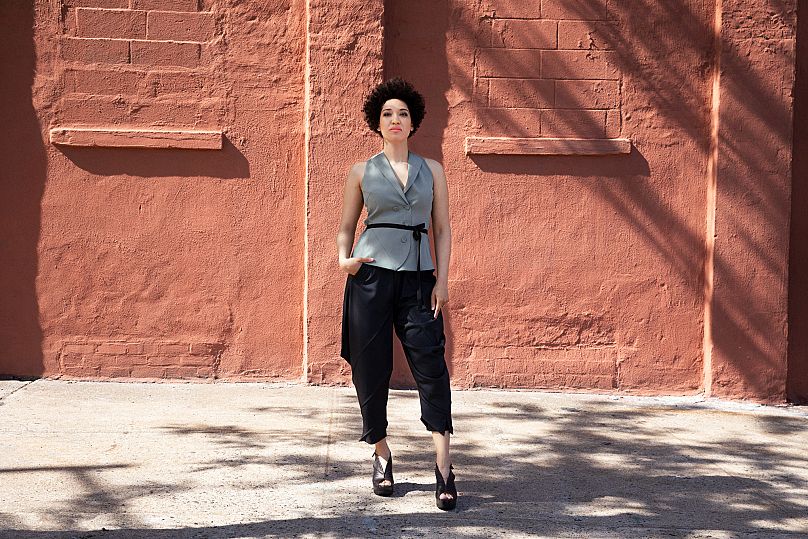Soprano, speaker and curator Julia Bullock discusses her thoughts and feelings about 2021, and its impact on performers and progressiveness.
Julia Bullock is an American classical singer, who has headlined productions and concerts around the world.
Amongst her many accolades, Julia is also an innovative curator, a passionate speaker on equality in the arts, and a founding core member of the American Modern Opera Company (AMOC).
Here, Julia shares her perspective on what 2021 brought, and what it failed to bring.
----
It’s challenging to reflect on this time of the pandemic in any sort of conclusive way, because we are still in the midst of it.
At the same time, it’s remarkable to focus these next months on a work of poetry and music that is rooted in confronting death, destruction, and even dismissal of life.
I’m singing the title role in Handel’s oratorio Theodora at the Royal Opera House in London; and in this new production directed by Katie Mitchell, I feel we are bringing forward the legacy of Theodora’s namesake across history as a fierce leader of extreme faith and vision.
This character is convinced that if we are unafraid to make sacrifices, it allows liberation to arise steadily. But the immediate question that follows is: at what cost?
I often reflect on some of the most revered predecessors in music, whose legacy was not only secured by their performing, but by their social justice work.
They wanted to share music freely, entertain audiences without restrictions, and live life on their terms. So they did not hesitate to advocate for themselves and — whether explicitly or not — combated violent situations.
There was no question about the immediate sacrifices made in order to secure safer futures. And I’ve never sensed any resentment or rage within these performers for choosing to devote time and energy to use their platforms to activate conversations and debates — knowing that if situations improved for those of us most discriminated against and exploited, it would benefit each and every one of us moving forward.
But I’m overcome with anger and sadness when I consider the fact that these tremendous artistic voices exhausted so much creative energy in order to expose repeated abuses of power and oppressive acts.
It became a source of artistic fuel for some — I relate to that — but we’ll never be able to calculate the totality of that expense, or determine the loss.
The pandemic, performers and progressiveness
The slow pace at which social movements evolve and gain traction is a weirdly disappointing reality. There’s this accepted acknowledgment that even when new priorities are identified, it does not mean that the implementation of new policies or practices move swiftly, or that the benefits will be experienced immediately.
Several months before the pandemic began, I started to engage in conversations with both performance and education-based arts institutions to suggest adjustments in programming, question language used in promotional materials, and also propose projects, such as in-depth equity assessments that would call for truth and transparency regarding the history for how artists have been treated and educated.
The intention was to reveal systemic oppressive practices, after which recommendations would be made that may not rectify the past, but could lead to some reconciliation.
I found those conversations and the commitment from artistic administrators to be legitimate. However, the pandemic stalled some of the promises of progress.
But after the reality of systemised police brutality seized social consciousness across the globe, pressure increased, and I received calls for re-engagement from institutions with whom I had worked, and others who were seeking advice.
It was invigorating to see so many cultural centres in presumed positions of power take the time to consider their contribution to systemic oppression. They seemed to be in almost desperate need for the cultural currency from artists themselves — our intuition and insights — but unfortunately, only a few institutions had established protocol or infrastructure to support legitimate, transparent collaboration or shared vision.
This left me disillusioned, and psychologically and emotionally fatigued.
Now, I continue to work only with individuals and organisations who uncompromisingly want to take responsibility for the past and not solely fixate on self-preservation.
The commitment to moving things forward
As we are together lifting veils that uncover just how unsustainable some artistic relationships have become, our collective tasks are now centred on how we put mechanisms, tools, language and boundaries in place which encourage openness and generosity.
There’s also genuine encouragement for increased honesty. We are becoming more bold and clear in communication. There’s an element of accountability that has come into focus; it invites flexibility, fluidity, and fragility, and in turn reinforces structure, safety and strength.
The commitment to moving things forward is being recognised evermore broadly, and it’s tremendous.
Shifts in perspective and perception — organised directions — Immediate reactions balanced with measured response — Imaginings actualised —Intentions translated. These are some of the aspirations and interventions that I hope to maintain during this challenging time, because we are, still, in the midst of this pandemic.
The collective losses aren’t even yet calculable, and many of us are reeling, as we ask how to recover without incurring more damage, or inflicting it.
I reflect back on Theodora, who poignantly poses this question when she confronts death repeatedly: “Ah, what is liberty or life to me?”
She does not balk, but instead asserts: “To life and joy I go.”
We can and will keep going. We can and will refine and reform how we work and live together, and move towards more restorative efforts.
So, as we continue to experience movement in moments of stillness, I hope we will take it as an invitation to increase our awareness, sensitivity and consciousness, so that we will not only survive this next cycle but celebrate more revolutions with and around each other.
----
Julia Bullock is playing the lead in Handel's Theodora on the main stage of London's Royal Opera House from 31 January to 16 February 2022. Tickets here.













